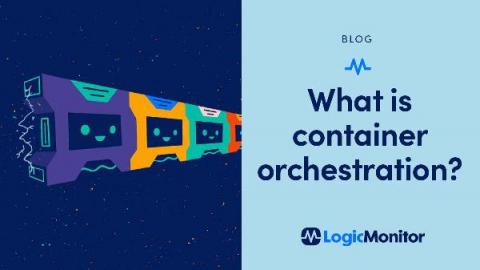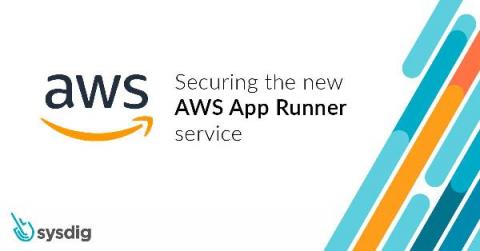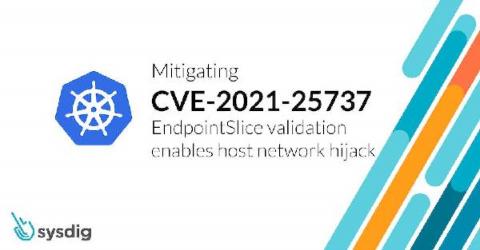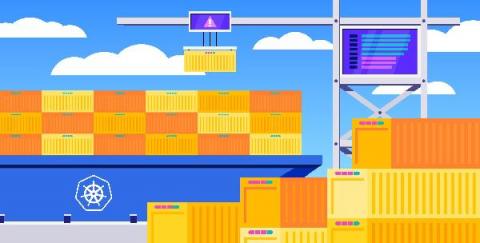Kubernetes automation with Relay
Kubernetes — a popular open source container orchestration system — enables you to easily deploy, monitor, and scale cloud-native application workloads in both private and public cloud environments. In other words, Kubernetes does the hard work of managing containerized applications, giving you more time to spend building it.











